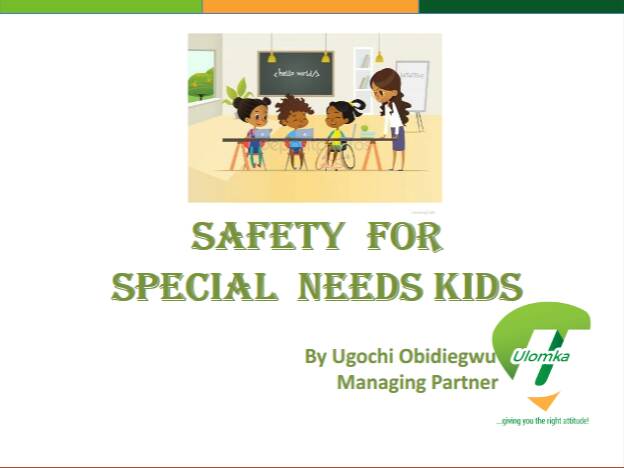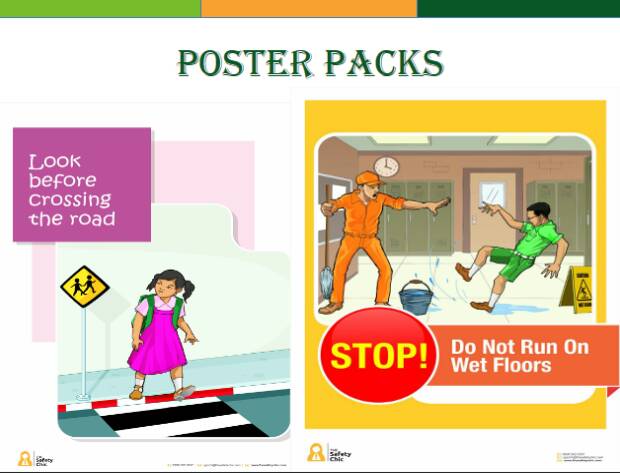
Over the weekend I was in Ibadan to speak about Safety and the special needs child at ThisAbility 1.0 organised by The Nechamah Foundation. I have decided to share with you because raising our consciousness on this matter would go a long way in helping our society at large.
Last year, there was a highly publicised case of a caregiver who mistreated a special child in her care. We only found out about this because there was a recording. What about the others who have no proof? Due certain limitations, special children are more prone to unsafe situations like burns, falls, drowning, molestation, choking, poisoning, smoke inhalation etc. However, the good news is that with a little more effort from us in terms of providing information, getting involved and making our environment disability friendly, we can turn the tide.
It is important to note that Special children are first children before being special. Therefore whatever we make available to other children most especially in terms of knowledge should be made available to them. Special children also need to be taught on how to protect themselves and act in an emergency. This is because a helper may not always be close by. So, parents, caregivers and teachers of these children need to be equipped with knowledge so they can transfer to the children in their care.

We need to consciously look beyond the label and treat these children well. We can do this by boosting the following:
Our Consciousness
As concerned citizens, we need to accept that disability is part of life in our society. Then we all should actively seek ways to make life easy for persons living with disability. We need to put an end to stigma, discrimination and neglect because disability isn’t going anywhere. As a matter of fact, this is why inclusion is now important because they do not live in a different world from us. We are all here together and must co-exist favourably. So stop the unnecessary pity, instead treat them normally and help where necessary.
As parents, caregivers or teachers of special children, we need to assess our immediate environments to note the likely safety incidents that can occur and harm the children. Then we make plans of how to either prevent them from happening or reducing the occurrence. It is also important that we raise the safety consciousness of the children themselves by teaching them about our plan. Ensure we have a support network we can learn from and get encouragement from. Always be ready and have an emergency supply kit so that if a situation arises, you won’t be caught off-guard.
Our Competence
Do we enough on how to handle safety scenarios that can affect children with special needs? If s first aid situation arises, are the caregivers trained to handle it? If a child has gone through molestation, is the caregiver trained to manage the child properly? If a fire starts in the home, is there anyone trained on the premises who can act accordingly? Do the children know how to deal with strangers, act on the roads, call for help or report disturbing activity? What are the teaching aids or styles we can use to ensure children assimilate intended message?
Knowledge is important in ensuring the safety of a special needs child.
Our Commitment
Commitment is an act not a word. What are we doing to ensure safety consciousness and competence is raised? What are saying to our schools, places of worship and residential estates leaders on this subject? How do we follow through? Are we supporting inclusion in our schools? Are we creating and supporting the formation of relevant laws and policies? When the children speak up on their concerns, do we follow up act?
Having the right mindset is not enough
Having the competence to act is not enough
Showing commitment through our actions will make our country safer for the special needs child.


